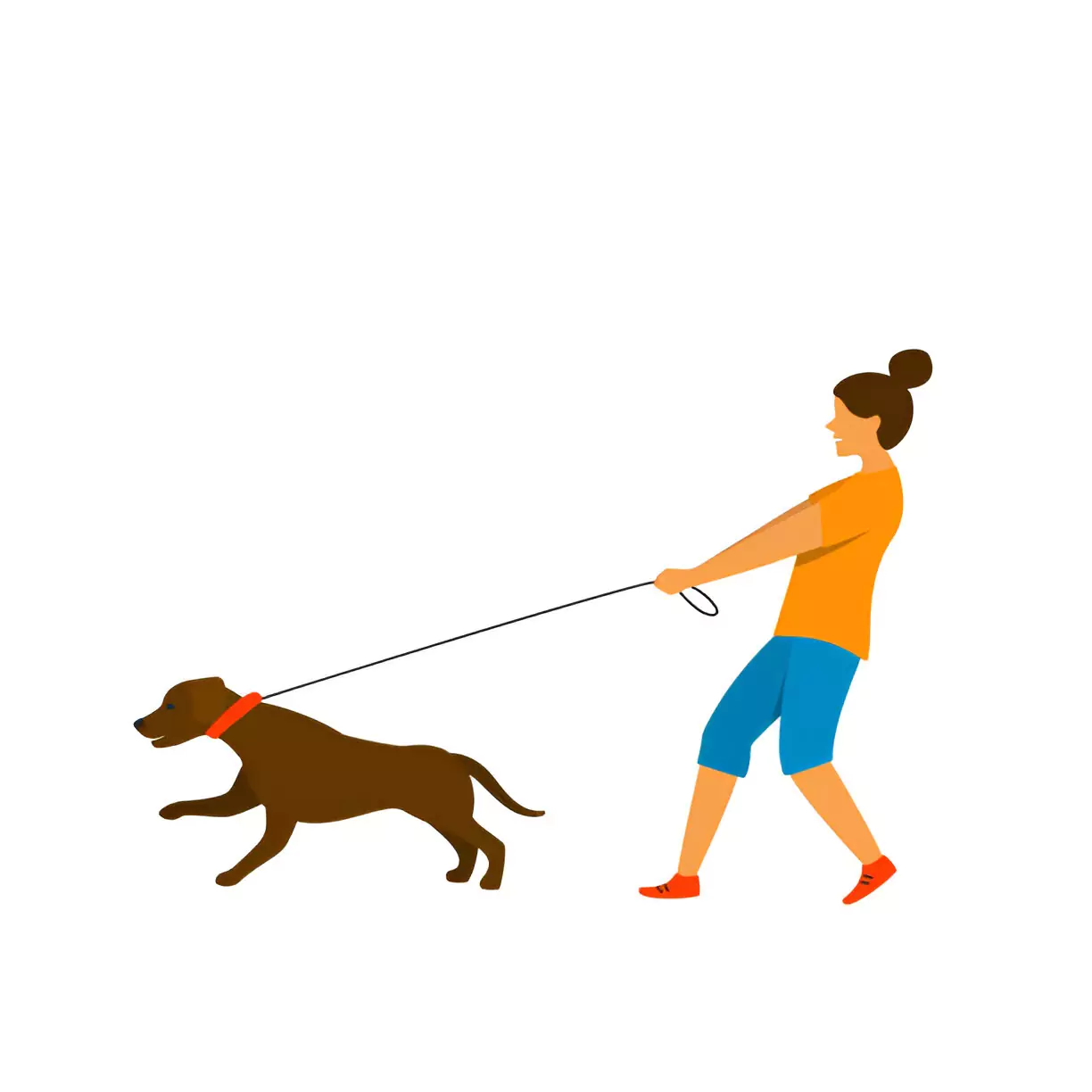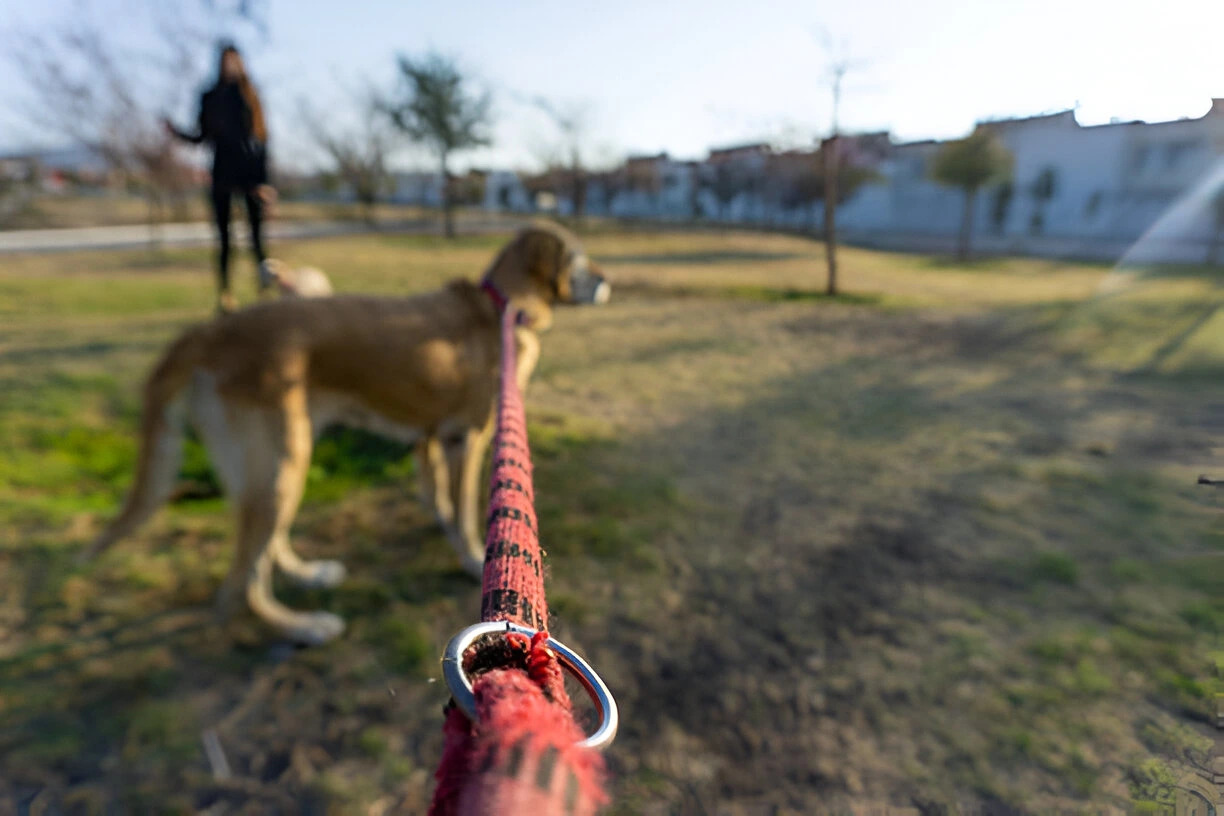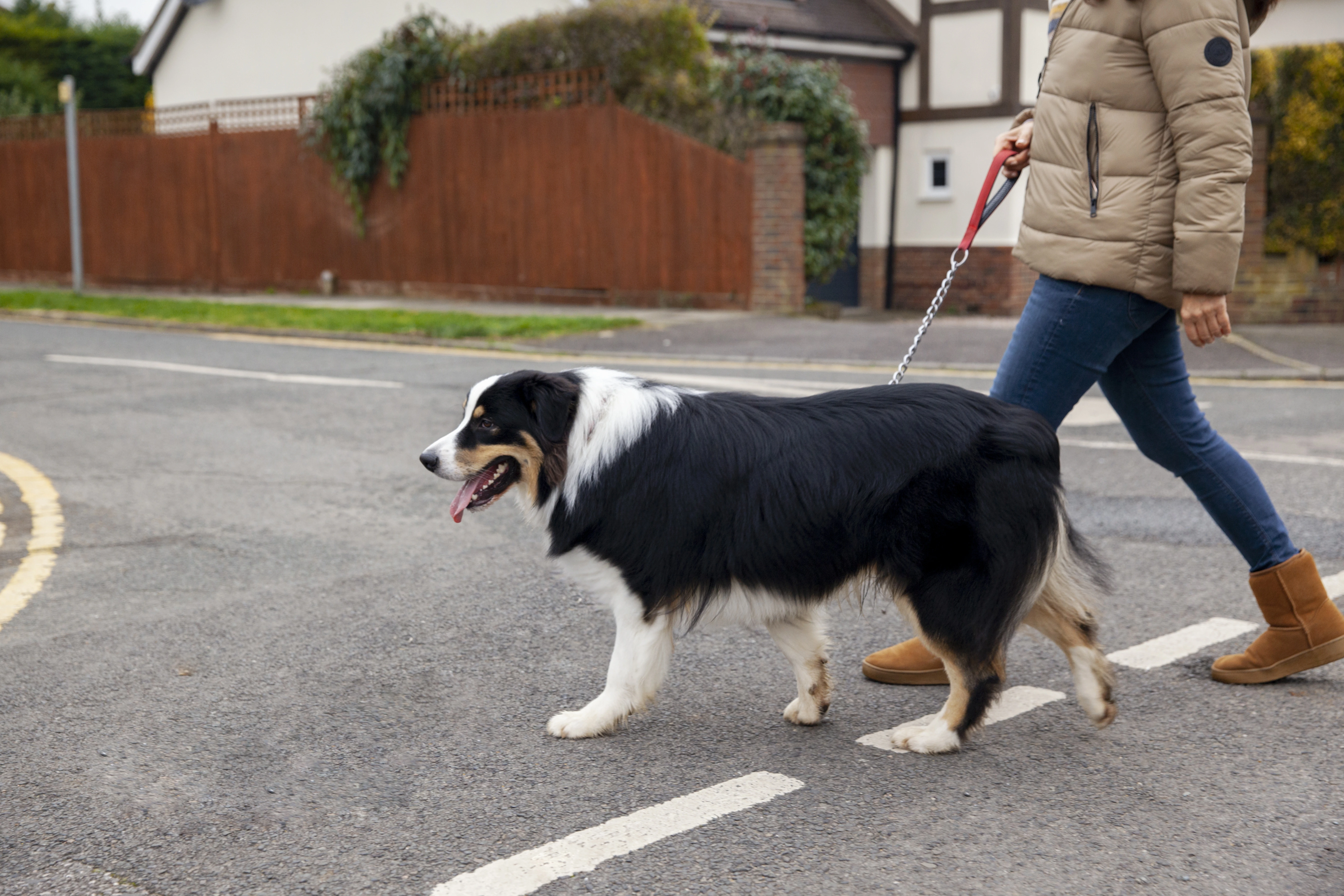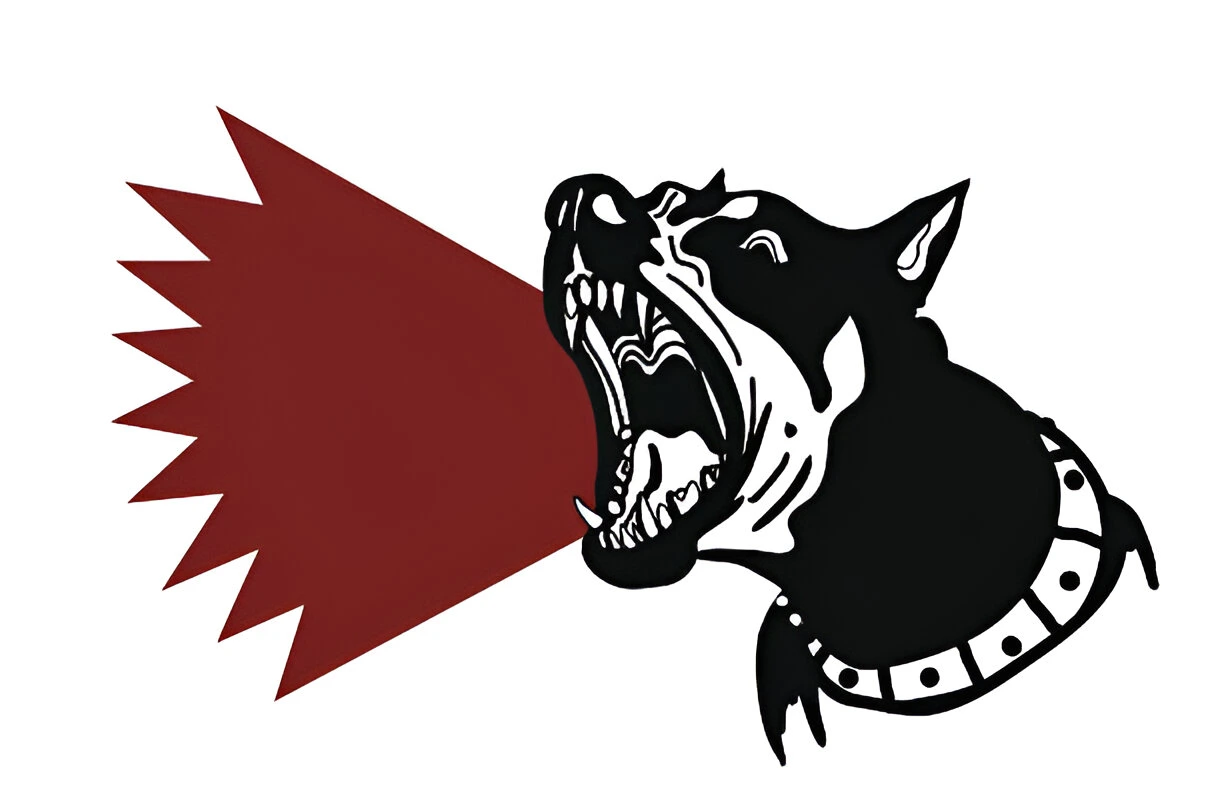 Blog Speed Optimization – Make Google & Users Happy!
Blog Speed Optimization – Make Google & Users Happy!
How to Stop Leash Pulling: Proven Techniques for a Well-Behaved Dog
Written by Julia Barnes » Updated on: June 17th, 2025

Is your dog constantly pulling on the leash, making walks feel more like a battle than a bonding experience? Leash pulling is a common problem, but the good news is you can train your dog to walk calmly on a leash with the right techniques.
In this guide, we’ll explore why dogs pull on the leash, how to stop leash pulling using positive reinforcement, and mistakes to avoid during training.
Why Do Dogs Pull on the Leash?
Before correcting leash pulling, it’s important to understand why dogs do it in the first place.
- Excitement & Curiosity – Dogs naturally want to explore their environment, and pulling gets them there faster.
- Lack of Leash Training – Many dogs have never been taught proper leash manners.
- Reinforcement of Bad Habits – If pulling gets them where they want to go, they’ll keep doing it.
- Natural Instincts – Certain breeds (like Huskies) are built to pull, making training extra important.
Expert Insight: "Leash pulling isn’t about dominance—it’s about reinforcement. If pulling gets your dog forward, they’ll keep doing it. Training should focus on making loose-leash walking more rewarding than pulling." — Sophia Bennett, Behavioral Therapist at Pet Tame
How to Stop Leash Pulling: Step-by-Step Training Guide
Step 1: Choose the Right Equipment
Having the right gear makes a huge difference in leash training.
✅ No-Pull Harness – Distributes pressure evenly and discourages pulling.
✅ Standard 4-6 ft Leash – Avoid retractable leashes, as they encourage pulling.
✅ High-Value Treats – Use small, soft treats to reward good behavior instantly.
🚫 Avoid choke chains and prong collars – These tools rely on discomfort rather than teaching proper behavior.
Step 2: Teach Loose-Leash Walking
Loose-leash walking means your dog walks beside you with a relaxed leash. Here’s how to train it:
- Start in a Distraction-Free Area – Practice indoors or in a quiet backyard first.
- Reward When the Leash is Loose – The moment your dog walks beside you, give a treat and praise.
- Use the Stop-and-Stand Method – If your dog pulls, stop walking immediately. Only move forward when the leash is loose again.
- Change Direction Often – If your dog pulls ahead, turn in the opposite direction and encourage them to follow.
- Reinforce Good Behavior – Keep rewarding your dog for staying by your side.
Pro Tip: Use a marker word like "Yes!" or a clicker to mark the exact moment your dog walks properly.
Step 3: Use the "Red Light, Green Light" Method
This fun training game reinforces good walking behavior.
🔴 Red Light: If your dog pulls, stop walking. Wait for the leash to loosen before moving again.
🟢 Green Light: If your dog walks nicely, move forward and reward them.
Step 4: Teach the “Heel” Command
While loose-leash walking allows some freedom, teaching a formal "heel" command can be useful in crowded or high-distraction areas.
How to Train Heel:
- Lure Your Dog to Your Side – Hold a treat at your thigh and say, “Heel.”
- Take a Few Steps Forward – If your dog stays at your side, reward them immediately.
- Increase the Distance – Gradually extend how long they must stay in position before earning a treat.
- Add Distractions – Practice in different environments so your dog can focus despite distractions.
Pro Tip: Start with short training sessions (5–10 minutes) to keep your dog engaged and avoid frustration.
Step 5: Use Positive Reinforcement Consistently
Dogs learn best when they are rewarded for good behavior, rather than punished for mistakes.
✅ Reward Your Dog Frequently – Use treats, praise, or play as motivation.
✅ Be Consistent – Make sure every family member follows the same leash training rules.
✅ Keep Walks Fun – A mix of training and free exploration helps your dog stay engaged.
🚫 What NOT to Do:
❌ Don’t yank or jerk the leash—it can cause fear or injury.
❌ Don’t allow pulling “just this once.” Consistency is key.
❌ Don’t rush training. Every dog learns at their own pace.
Common Mistakes That Make Leash Pulling Worse
Even with good intentions, many owners accidentally reinforce pulling. Avoid these common mistakes:
🔴 Letting Pulling Work – If pulling gets your dog where they want to go, they’ll keep doing it.
🔴 Using a Retractable Leash – These encourage pulling by rewarding forward movement.
🔴 Skipping Basic Training – Dogs need to learn that walking nicely leads to rewards.
🔴 Expecting Immediate Results – Training takes repetition and patience.
Owner Testimonial: “I used to think my dog just liked pulling, but after following this training, she walks beside me almost every time. The ‘red light, green light’ trick was a game-changer!” — Emily R., Labrador owner
FAQs About Leash Training
Q: How long does it take to stop leash pulling?
⏳ Most dogs show improvement in a few weeks with consistent training, but stubborn cases may take longer.
Q: Can I train an older dog to stop pulling?
✅ Yes! Older dogs can learn new habits, but you may need more patience and motivation.
Q: What if my dog is reactive on the leash?
🐕🦺 If your dog lunges or barks at other dogs, work on desensitization training or consult a professional trainer.
Final Thoughts: Walks Should Be Enjoyable for Both You and Your Dog
Leash training is about teaching your dog that walking beside you is rewarding. By using positive reinforcement, patience, and consistency, you’ll soon have a well-behaved walking companion.
Ready to enjoy stress-free walks? Start today using the methods in this guide, and let us know how it goes!
Note: IndiBlogHub features both user-submitted and editorial content. We do not verify third-party contributions. Read our Disclaimer and Privacy Policyfor details.
Copyright © 2019-2025 IndiBlogHub.com. All rights reserved. Hosted on DigitalOcean for fast, reliable performance.











